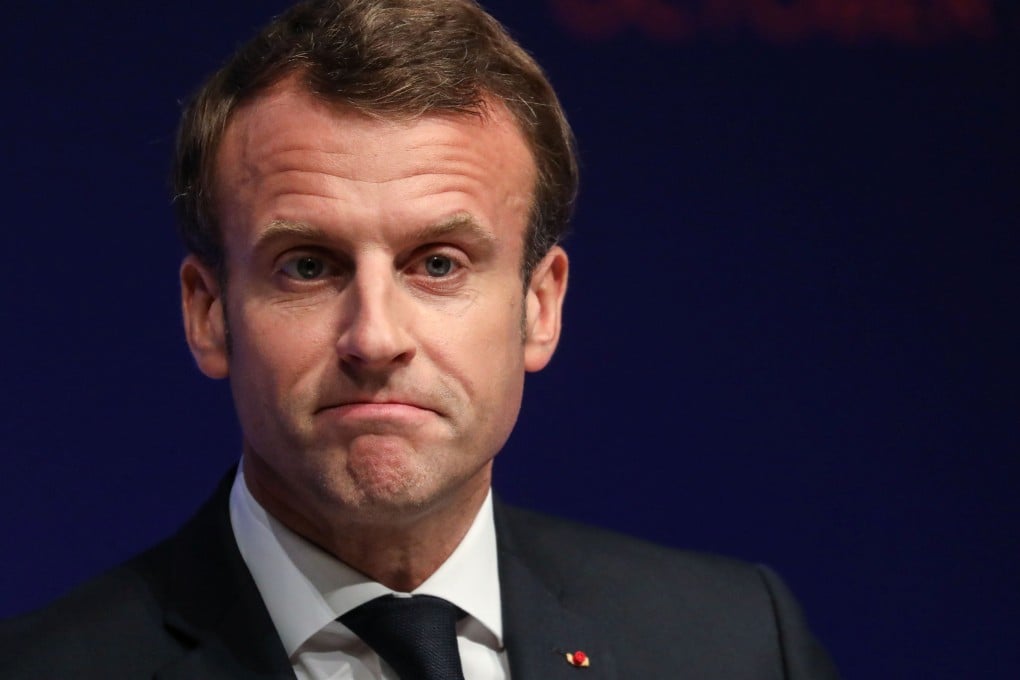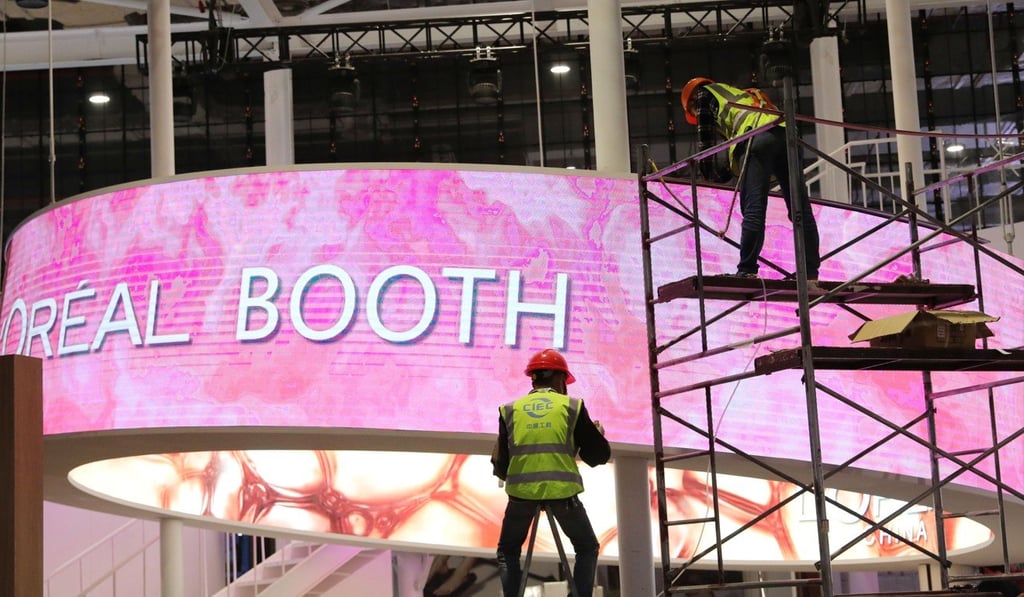French President Emmanuel Macron to attend Shanghai import expo as EU continues push for China trade agreement
- Incoming EU trade commissioner Phil Hogan will attend next week’s event
- French leader is also expected to meet Xi Jinping in Beijing to discuss climate and trade

Macron’s visit to the expo, which runs from November 5-10, will be tied with an official state visit and a stop in Beijing, where he is expected to discuss climate and trade issues with his Chinese counterpart Xi Jinping.

Hogan, the current EU agriculture commissioner, is also visiting China’s two largest cities, and is expected to take over as the bloc’s trade chief once the new commission is confirmed.
Both Macron and Hogan are likely to push for the completion of the EU-China Comprehensive Agreement on Investment, which has been under discussion for the past six years.
Both sides pledged to complete the deal by the end of next year at the annual EU-China summit in April and the EU delegation in Beijing said talks were now taking place on a monthly basis.